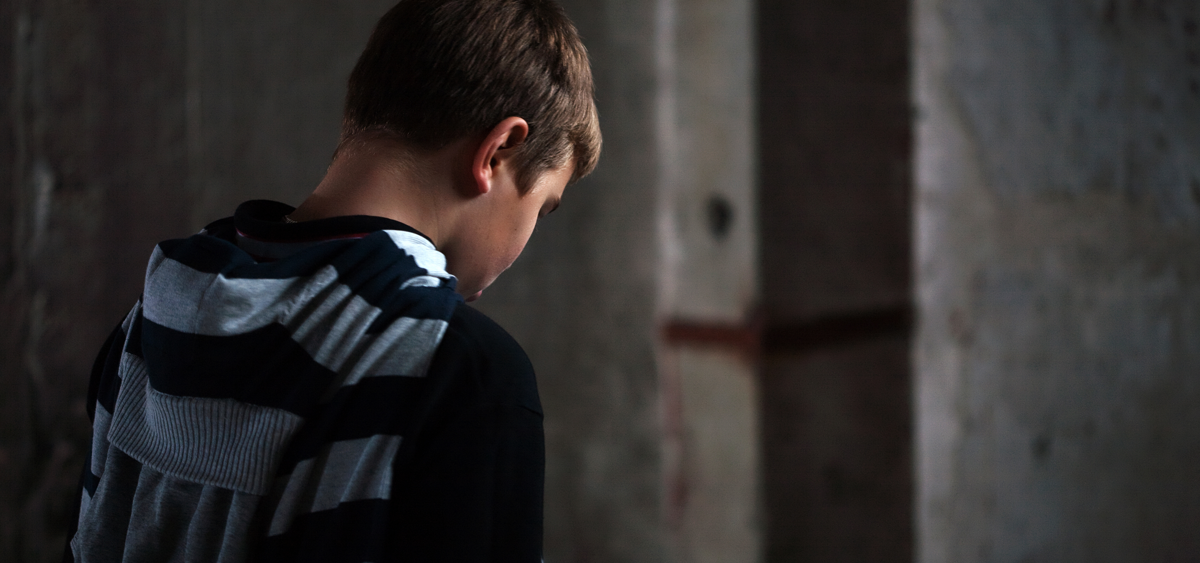In Canada, teens can be held responsible for crimes they commit as of age 12. This does not mean they will be incarcerated. The youth criminal system tries as much as possible to avoid putting teens through a trial.
If your minor child was caught by the police and is suspected of committing a crime, read this article. You will learn what the law says.

A law that encourages social reintegration
They must still pay for their actions but not in the same way as adults. The law encourages teens suspected of crimes to go back to the community and repair harm done to victims. The law also tries to avoid putting them through a full criminal court case. But in some situations, a teen might have to go to court.
The Youth Criminal Justice Act treat teens differently from adults. It requires young offenders to take responsibility for their actions. It also encourages social reintegration and repairing the harm caused. It often allows them to avoid a trial.
What Happens After Being Caught by Police
What happens after teens are caught by the police depends on their situations and the seriousness of the crimes they are accused of.
Parents have an important role in supporting their children throughout the process. To learn more, read our articles Your Child, the Police and You and Going to Court With Your Child.
Police can apply Extrajudicial Measures
In some cases, the police may decide not to take any further action or give the teenager a warning. They may also choose to refer the teenager to a community organization, called an alternative justice organization (OJA), such as Équijustice. In this case, the organization’s worker will inform the teenager’s parents.
No matter what the police decide to do, they will inform the parents.
Extrajudicial measures help teens avoid a full criminal court case. The police decide whether to apply an extrajudicial measure, depending on the seriousness of the circumstances.. They record what happened in a database, and the information is available to all police forces for two years.
To learn more, read our article for teenagers: Extrajudicial Measures: The Police Decide.
The Teen May Get an Extrajudicial Sanction
The police can decide not to apply an extrajudicial measure. Instead, they can send the case to the criminal and penal prosecuting attorney. This is the government lawyer who brings criminal cases to court against people accused of crimes. This lawyer is also called the Crown prosecutor or simply the prosecutor.
The prosecutor can do any of these things:
- close the case (if there is not enough evidence),
- file charges against the teen (formally accuse the teen of a crime),
- send the case to a youth worker.
Youth workers work in youth centres. They decide whether teens suspected of committing a crime can get extrajudicial sanctions. They also try to meet with the parents.
Extrajudicial sanctions are ways to hold teens responsible for their crimes without putting them through a criminal court case. These are examples of extrajudicial sanctions:
- repairing the harm done to the victim by taking part in mediation or by writing a letter of apology
- answering to the community by doing community work
- taking part in a program that encourages teens to think about what they have done and the harm they have caused
To learn more, read our article: Extrajudicial Sanctions: Instead of the Court Process.
The Teen Must Appear in Youth Court
Sometimes a teen must appear before a judge in youth court. In this case, the teen will receive a document, either in person or by mail. The document is called an undertaking, an appearance notice or a summons. The parents usually receive a copy as well. This document gives the date and time the teen must go to court. It also states the crime or crimes the teen is accused of.
|
Important! If your child has a court appearance, they must attend. It is strongly encouraged to go with your child. As another option, your child can generally ask a lawyer to appear in court on their behalf. The lawyer must file a written document with the court confirming they represent your child. This document is called a “designation” in the law. |
The appearance is the first step in a criminal court case. This is when a person accused of a crime must plead guilty or not guilty. If the person pleads guilty, the judge will order a sentence (punishment). If the person pleads not guilty, there will be a criminal court case.
After the appearance, teens might still qualify for an extrajudicial sanction. In this situation, they will not have to go through the rest of the criminal court process.
To learn more, read our articles in our Youth Zone Appearing in Youth Court and Steps in the Youth Court Process.
|
Important! All people under 18 qualify for legal aid. Contact your local legal aid office to learn more and get advice from a lawyer. |





